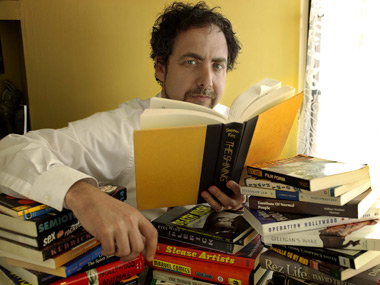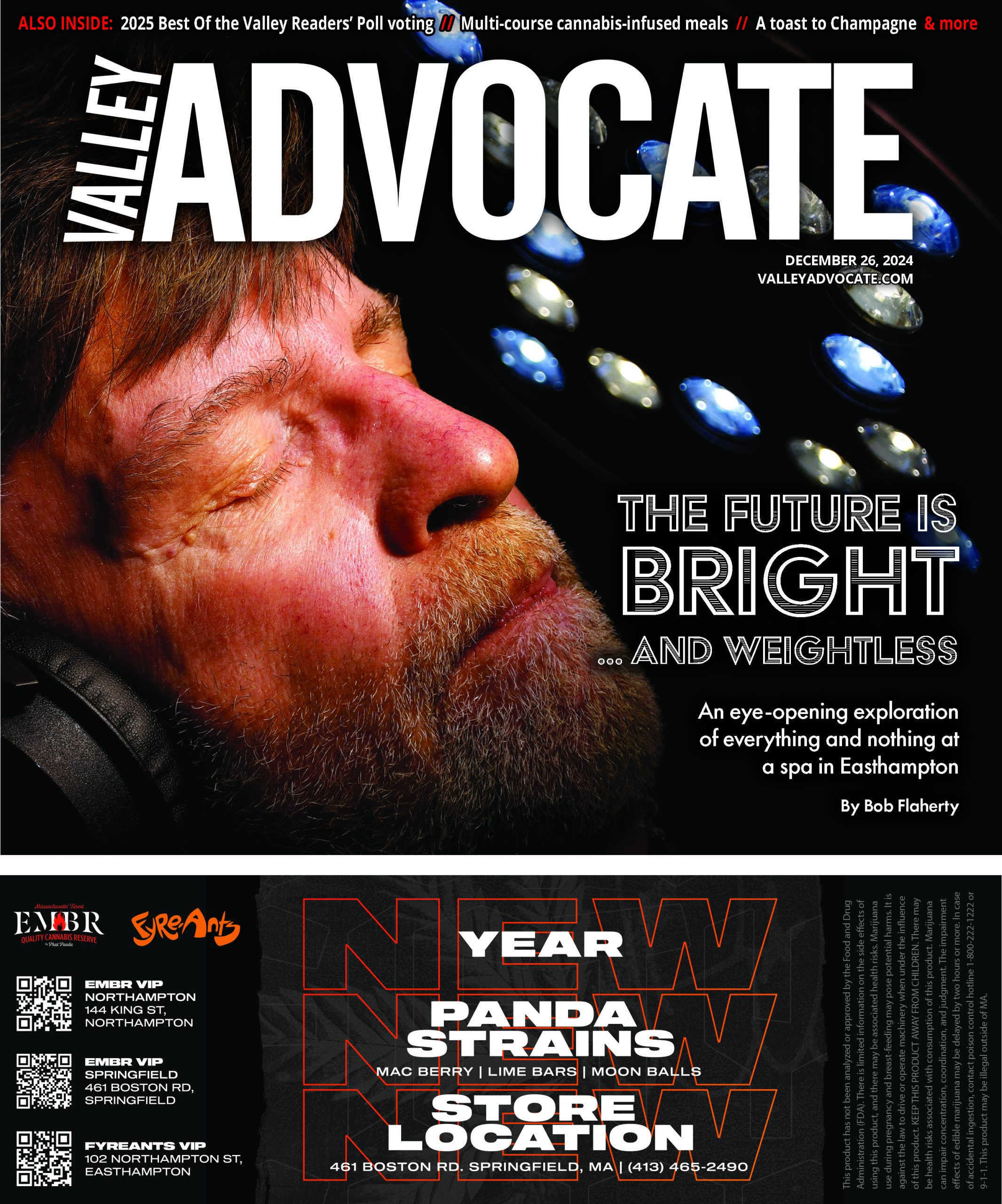It’s hard for us to remember sometimes that even our most acclaimed directors have had their share of flops, failures and misfires. Often they come as a result of returning to a rich well once too often: Coppola made the mistake with The Godfather Part III, and Steven Spielberg’s last Indiana Jones movie—well, let’s just mention that the climax involves a dozen crystal skeletons and a giant flying saucer, and call it a day.
But sometimes a film just falls flat for reasons that, in hindsight, aren’t so obvious—and sometimes those interesting failures can lead to new successes. Such is the case with Stanley Kubrick’s Barry Lyndon. Despite winning four Academy Awards, the 1975 period film proved to be less successful with audiences—the stately pace of its storytelling (it ran to just over three hours) and its 18th-century setting just didn’t seem to connect with the crowds of the day. Today, it’s pegged as the classic it has always been, but in the 1970s, it was enough of a disappointment that Kubrick decided to go in a different direction when he went to make his next film. And so it was that The Shining was born.
Based on Stephen King’s runaway hit, Kubrick’s version of The Shining, playing this Tuesday at Amherst Cinema, became a cultural phenomenon. (It’s a rare film that can co-opt Carson’s Tonight Show introduction so effectively that it still resonates 30-plus years later.) In it, frustrated writer Jack Torrance (Jack Nicholson) finds work as a winter caretaker at the remote Overlook Hotel, hoping that the emptied-out inn will provide him the peace he needs to get some writing done. Along for the working vacation are his wife Wendy (Shelley Duvall) and son Danny, whose psychic visions—his “shining”—hint that the family is not as alone as they might believe.
It’s a great chiller of a movie, but if you’re going to catch it on the big screen, think about watching Barry Lyndon a night or two before. There’s no reason we should leave film festivals to the theaters, and seeing how Kubrick moves from one genre to another is an eye-opening exercise that, in the end, can make the experience of both films richer.
For a richer experience still, Amherst is also screening Room 237, director Rodney Ascher’s incisive and provocative look at Kubrick’s classic. Focused more on the considerable cult following the film has built up, Ascher’s film is a dizzying deconstruction of the supposed “secret messages” of The Shining—everything from indictments of genocide to an admission that Kubrick helped the government fake the Apollo moon landing. It may all sound a bit nutty (especially if you aren’t the type who watches the same film dozens of times), but it’s an entertaining look at a cultural touchstone.
*
Also this week: The Pioneer Valley Jewish Film Festival wraps up its eighth annual series with two screenings on Thursday, April 18. Over at Amherst College, Kaddish For a Friend screens at Stirn Auditorium at 4 and 7:30 p.m. Set in a run-down tenement in contemporary Berlin, Leo Khasin’s 2011 film is the story of a Palestinian youth and a Russian-Jewish WWII veteran whose initial wariness gives way to a burgeoning friendship.
And that night at Greenfield’s Garden Cinema, Paris-Manhattan tells the tale of Alice, a single woman whose parents are anxious to see her married off. Instead, she finds happiness by immersing herself in the world of Woody Allen, even going so far as to prescribe the director’s DVDs to customers at the family pharmacy. When she meets Victor, it seems as though both Alice and her parents might finally get the ending they’re after. The film begins at 7 p.m., but you can cap off the 2013 PVJFF with a “pre-show nosh” at the theater beginning at 6:30 p.m.•
Jack Brown can be reached at cinemadope@gmail.com.



